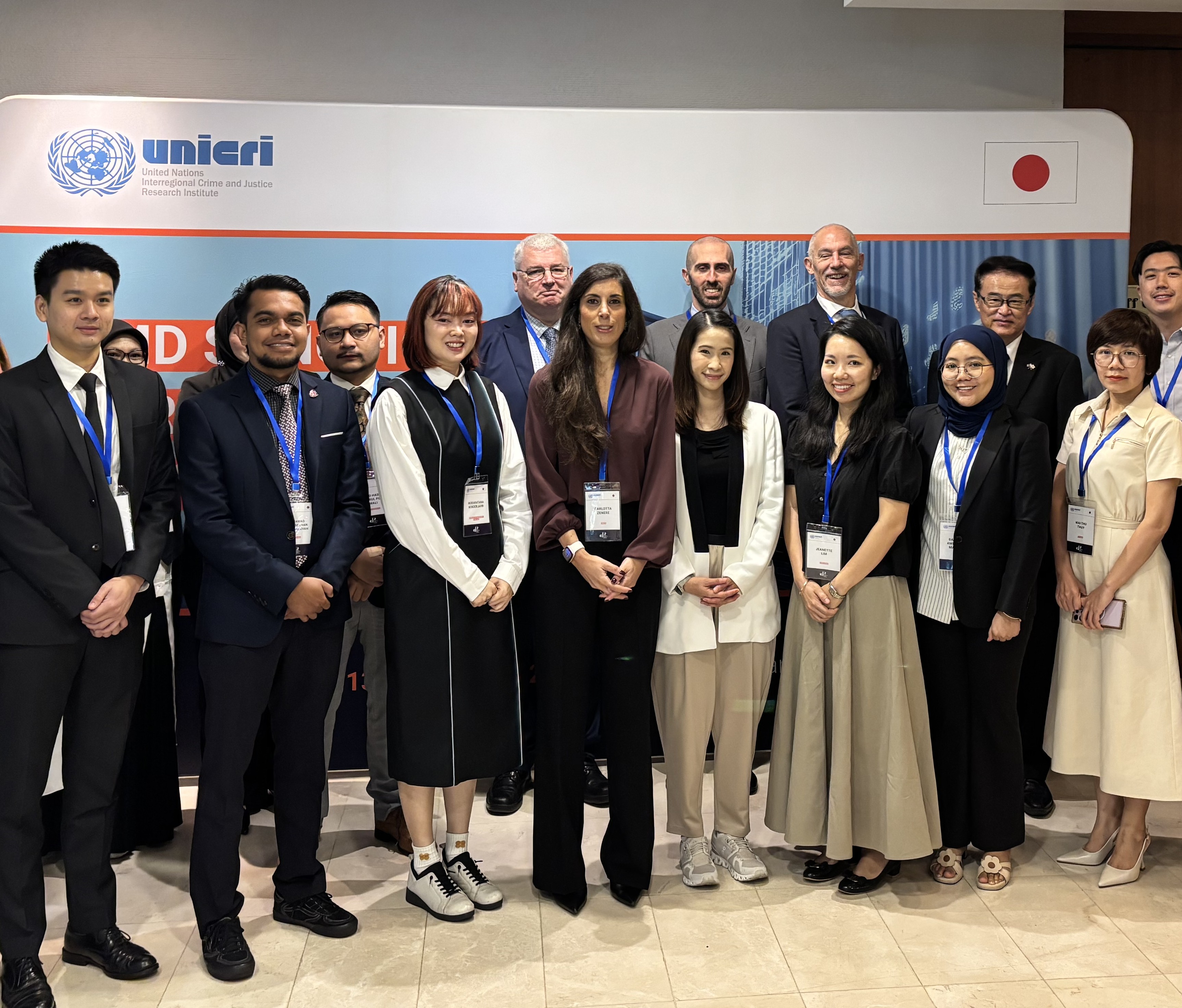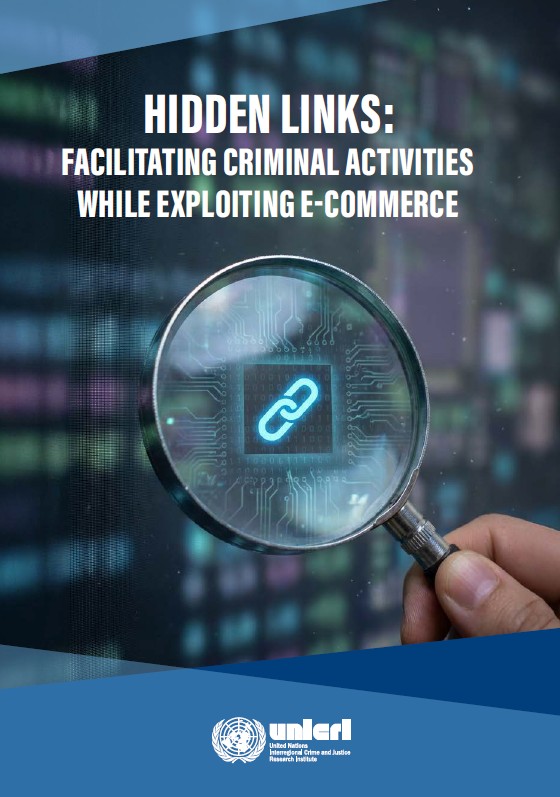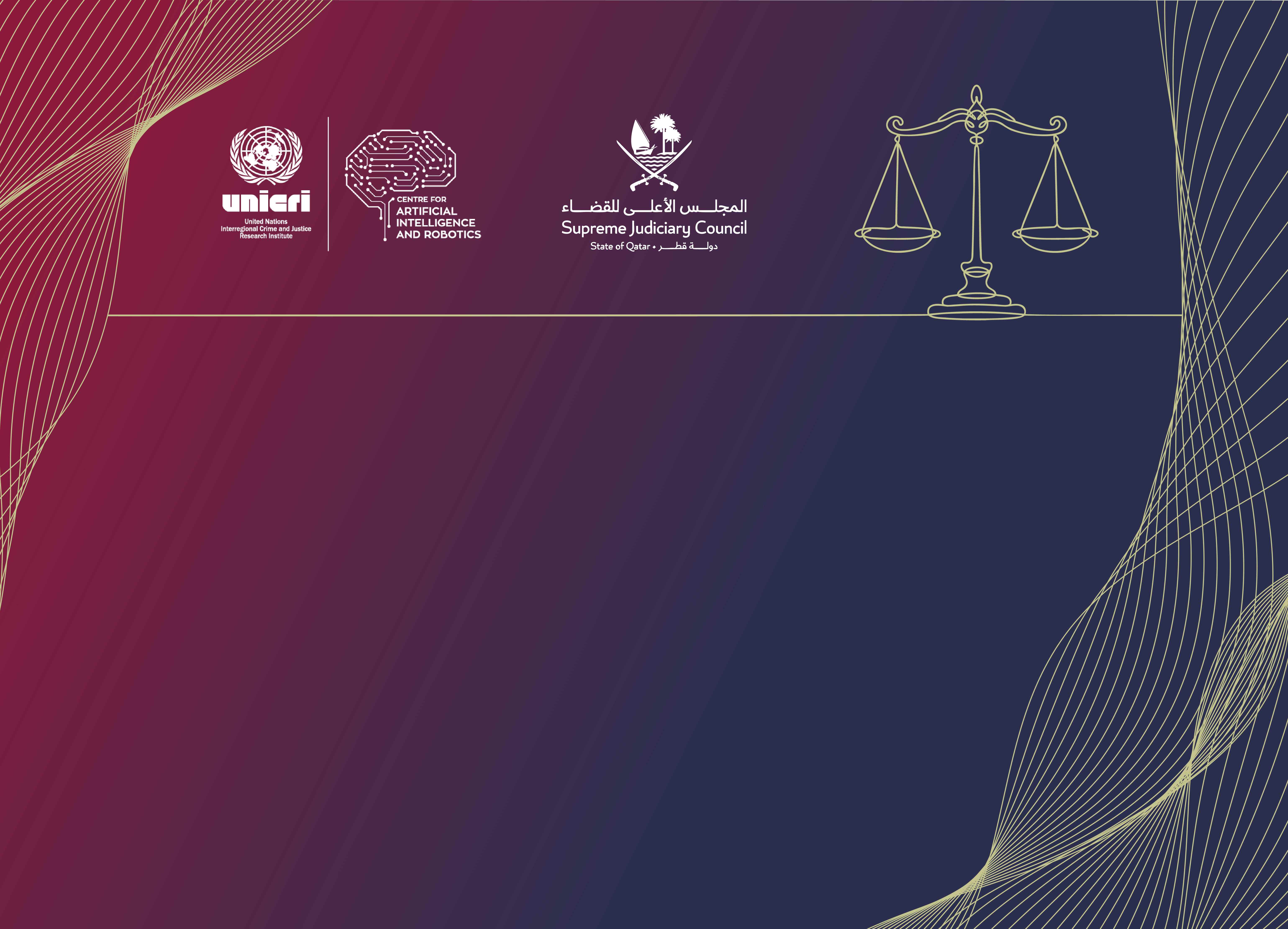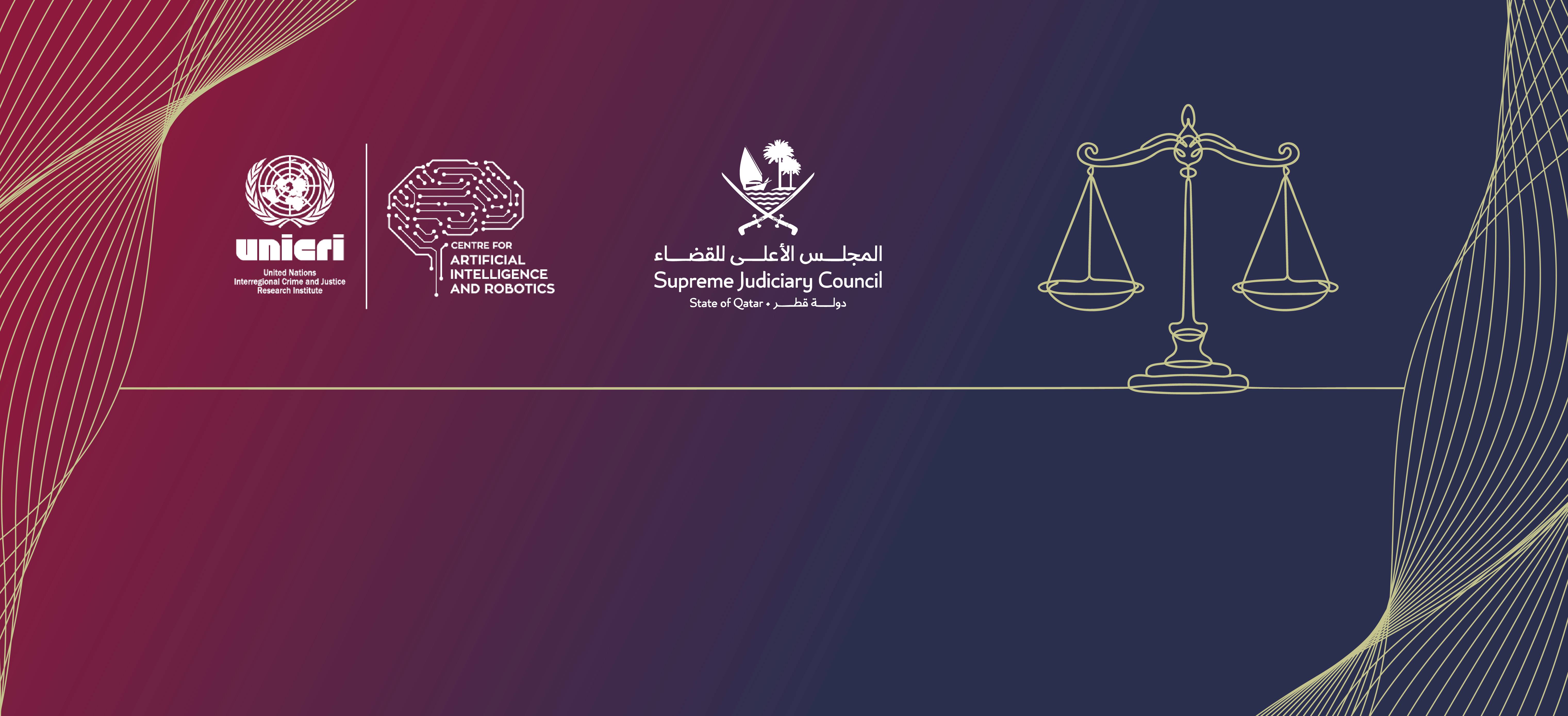Weapons of Mass Destruction (WMD) Sanctions Workshop for ASEAN Member States

Strengthening Regional Cooperation to Counter Sanctions Evasion and Emerging Threats in Southeast Asia

Strengthening Regional Cooperation to Counter Sanctions Evasion and Emerging Threats in Southeast Asia
Hidden Links: Facilitating Criminal Activities While Exploiting E-Commerce highlights an emerging challenge in the fight against online counterfeiting. As e-commerce platforms continue to expand, they have also become attractive environments for criminal actors seeking to exploit gaps in digital marketplaces.

Hidden Links: Facilitating Criminal Activities While Exploiting E-Commerce examines a rapidly growing and increasingly sophisticated form of online criminality linked to the trafficking of counterfeit goods.


The initiative
As environmental crime continues to escalate globally, causing severe and often irreversible harm to ecosystems, biodiversity and human health, while undermining governance and the rule of law, the European Union has adopted Directive (EU) 2024/1203 on the protection of the environment through criminal law, significantly strengthening the legal framework for the prevention and prosecution of environmental offences

Cyberspace has become a defining arena for contemporary crime, conflict and security. As emerging technologies transform the way societies function, they are also reshaping how criminal actors operate, how conflicts unfold, and how legal and governance systems are challenged to respond.
Environmental crimes — from illegal mining and logging to wildlife trafficking and pollution — are among the fastest-growing forms of transnational crime. They damage ecosystems, distort markets, undermine sustainable development, and threaten global security. Frequently, these offences are facilitated by organized criminal networks and accompanied by corruption and illicit financial flows.
A global coalition of 37 organizations from government, industry, academia, and civil society today released the third edition of the Guide to Developing a National Cybersecurity Strategy (“the NCS Guide”) — an updated, practical blueprint to help countries plan, implement, and continuously improve cybersecurity at scale.